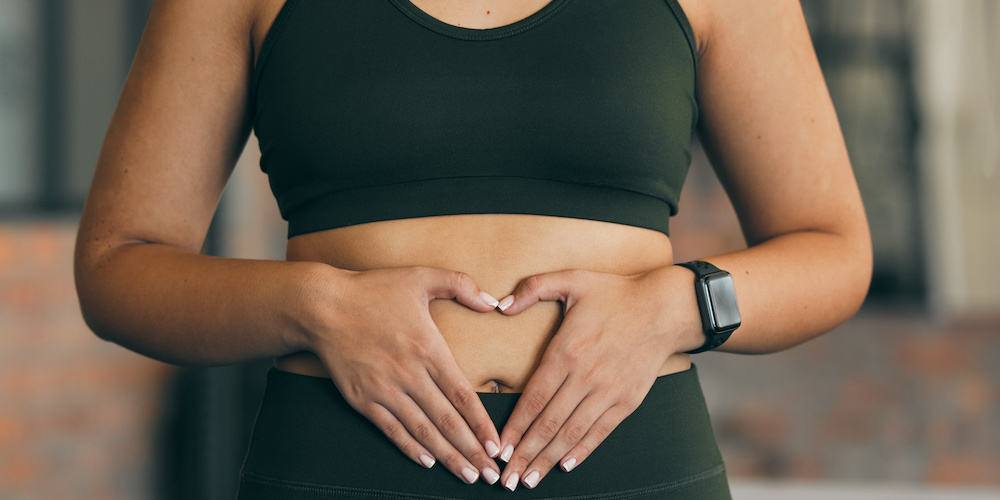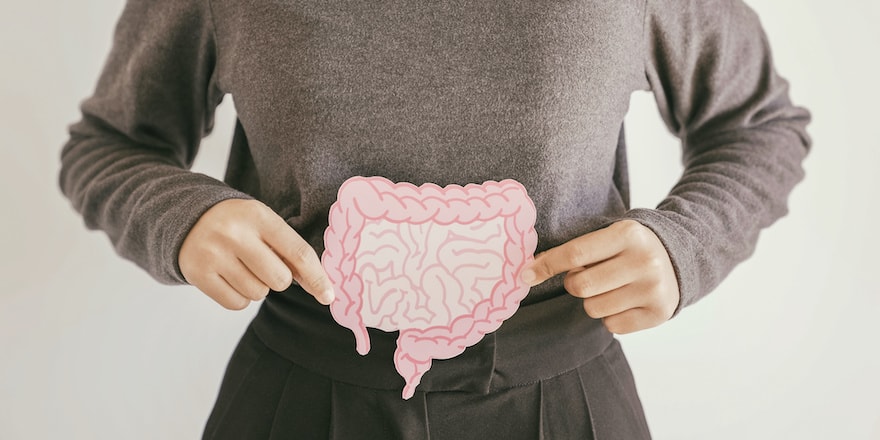The intestinal microbiota of each of us is unique! Genetics plays an important role in its composition. The microorganisms in the gut, mainly bacteria, form a ‘partnership’ with it that begins at birth.
Probiotics, for their part, can help improve markers of digestive health by rebalancing this gut flora. They also play a role in the immune system.
The speed at which they begin to take effect can vary from person to person. This depends on several factors :
- The type of probiotics you take as well as the number of strains ingested
- The indication for which you take them and the extent of the microbiota imbalance
- Your overall health
Let’s explore together the different timeframes that probiotics may take before you can feel their effectiveness, supported by studies.
📚 Also read | How to choose the best probiotics? A pharmacist’s advice
En cas de diarrhée, de ballonnements ou de constipation
To relieve short-term symptoms, such as reducing diarrhea, bloating, or constipation, some probiotics can work in just a few days.
For example, in this European study conducted in 2000, 287 children aged one month to three years hospitalized for acute diarrhea were divided into two groups. Group A received simple oral rehydration (placebo), Group B received oral rehydration containing Lactobacillus rhamnosus.
The results showed that the duration of diarrhea in the first group was three days on average versus only two and a half days in the second.
This more recent study conducted in 2010 showed that when combined with rehydration, treatment with probiotics can reduce the duration and frequency of infectious diarrhea to only two days.
After an antibiotic treatment
Some antibiotic treatments are known to be responsible for digestive disorders, particularly diarrhea. The occurrence of diarrhea is explained by an imbalance of the intestinal bacterial ecosystem linked to this antibiotic therapy. It is also called dysbiosis.
If this is your case, I recommend taking probiotics for at least one month.
A meta-analysis of 25 randomized controlled trials, including 2,800 patients, followed the incidence of diarrhea in the two months following exposure to an antibiotic.
The probiotic treatment (Bifidobacterium, Enterococcus faecium) ranged from 5 days to 8 weeks after antibiotic therapy. The risk of antibiotic-associated diarrhea decreased from 27% to 12%, a reduction of more than half.
📚 Also read | How long does it take to restore your gut flora?

For the immune system
For chronic diseases or general immune health, I think it’s beneficial to take probiotics for several weeks, even several months.
When taken daily, probiotics can begin to take effect after two weeks of treatment.
However, their benefits are best felt between the 3rd and 4th week of supplementation. That’s how long they need to begin effectively colonizing the gut and reclaiming the place they are meant to occupy.
In case of irritable bowel syndrome (IBS)
As shown by this 2011 study, for irritable bowel syndrome (IBS), supplementation with Saccharomyces boulardii for 4 weeks leads to a significant improvement in symptoms compared with the control group.
This more recent study, this time based on administration of Bacillus coagulans, demonstrates optimal effectiveness after 90 days of treatment for IBS with a significant improvement in patients’ quality of life.

In case of traveler’s diarrhea
Traveler’s diarrhea, or tourista, occurs when we consume food and drinks contaminated by an infectious agent.
This meta-analysis including twelve studies testing the effectiveness of probiotics in preventing traveler’s diarrhea shows that 85% of traveler’s diarrhea cases were prevented by taking probiotics.
I recommend that you start taking your probiotics a few days before departure, then throughout your stay and continue for a few days after returning.
The travel destination could affect the probiotic’s effectiveness. Be sure to follow the storage conditions and properly adhere to the treatment.
My tips to optimize your probiotic intake
To improve everyday digestion, I recommend courses lasting 1 to 3 months interspersed with breaks of the same length.
I recommend not taking probiotics continuously for more than 6 months in a row to preserve the balance of the target microbiota.
The best time to take them is in the morning, on an empty stomach, 15 to 20 minutes before breakfast.
In some cases, supplementation may last up to 6 months, especially if you suffer from widespread candidiasis. In such cases, it takes place in several phases: intensive, treatment, maintenance. For each of these phases, a different dosage is recommended.
Most people tolerate probiotics well. However, don’t hesitate to discuss them with your doctor before incorporating them into your diet.
🎧 Listen to the podcast | Passion Microbiote
Sources and scientific studies
S Guandalini, L Pensabene, M A Zikri, J A Dias, L G Casali, H Hoekstra, S Kolacek, K Massar, D Micetic-Turk, A Papadopoulou, J S de Sousa, B Sandhu, H Szajewska, Z Weizman, 2000. Lactobacillus GG administered in oral rehydration solution to children with acute diarrhea: a multicenter European trial.
Allen SJ, Martinez EG, Gregorio GV, Dans LF, 2010. Probiotics for treating acute infectious diarrhoea (Review).
Lynne V McFarland, 2006. Meta-analysis of probiotics for the prevention of antibiotic associated diarrhea and the treatment of Clostridium difficile disease.
Lynne V McFarland, 2007. Meta-analysis of probiotics for the prevention of traveler’s diarrhea.
Chang Hwan Choi, Sun Young Ji, Hyo Jin Park, Sae Kyung Chang, Jeong-Sik Byeon, Seung-Jae Myung, 2011. A randomized, double-blind, placebo-controlled multicenter trial of saccharomyces boulardii in irritable bowel syndrome: effect on quality of life.
Muhammed Majeed, Kalyanam Nagabhushanam, Sankaran Natarajan, Arumugam Sivakumar, Furqan Ali, Anurag Pande, Shaheen Majeed, Suresh Kumar Karri, 2016. Bacillus coagulans MTCC 5856 supplementation in the management of diarrhea predominant Irritable Bowel Syndrome: a double blind randomized placebo controlled pilot clinical study.



